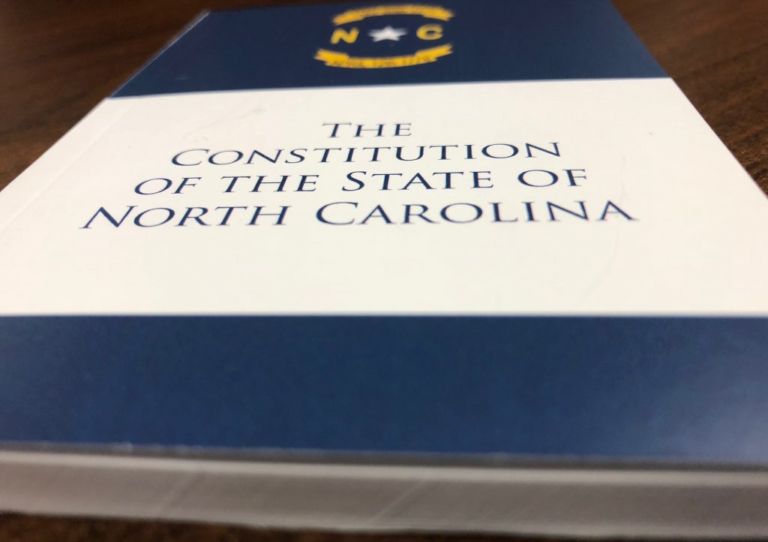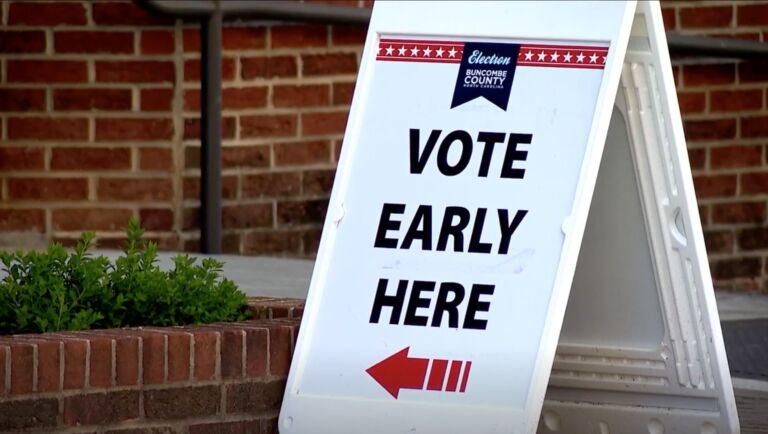Hans von Spakovsky of the Heritage Foundation devotes a National Review Online column to the U.S. Justice Department’s curious efforts to help New Hampshire escape the provisions of the 1965 Voting Rights Act, despite the absence of any record of the state ever complying with the law. Von Spakovsky finds the timing suspicious, given an upcoming Supreme Court case involving Alabama and the VRA.
So why the big hurry with New Hampshire and the refusal of the Justice Department to comply with the bailout requirements of Section 5? Sources tell me it’s because Justice wants to be able to get up before the Supreme Court in the Shelby County case and show that an entire state was able to bail out of Section 5. They want to argue that there is a viable way out for covered jurisdictions, including states, and that therefore the Supreme Court should not decide the constitutional issue. Justice officials are afraid that otherwise the Court will overturn Section 5. According to former Voting Section lawyer Christian Adams, DOJ has worked a similar deception in another bailout case involving Merced County, California.
For any jurisdiction covered under Section 5, the key to a successful bailout is DOJ consent. Yes, bailout is technically granted by a federal court, but judges tend to rubber-stamp such requests if Justice consents. In the New Hampshire case, the three-judge panel should not give the matter just a cursory review. It should deny bailout and make the Civil Rights Division justify its consent, given the state’s clear failure to comply with the statute. The Justice Department is trying to create evidence that it can use in its effort to manipulate the Supreme Court in the Shelby case.
Finally, the Supreme Court justices should take into account the improper, or at least highly unusual, actions of the Justice Department in the New Hampshire case when the Court considers the constitutionality of Section 5 in the Shelby County case. The department’s clear manipulation of the statute is just one more reason to throw out Section 5 of the Voting Rights Act, a statutory provision whose time has come and gone.
North Carolina is one of the states covered by the VRA, so the outcome of this dispute could have a major impact on the Tar Heel State.


